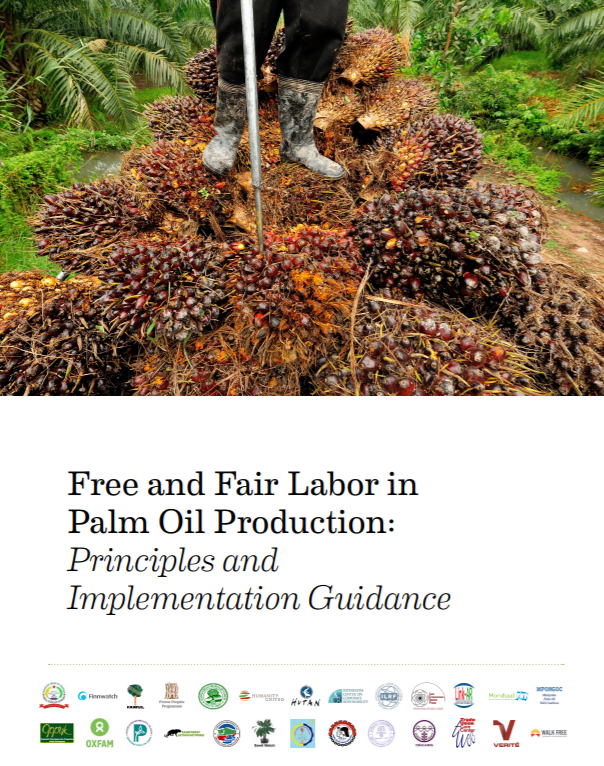International Labor Migration: The Responsible Role of Business – BSR, 2008
GuidanceStandards & Codes of ConductGood PracticesIn today’s globalized economy, the issue of international labor migration in supply chains is one of the most critical – yet largely unexplored – issues for our member companies and all businesses operating globally. Labor migrants now repr...Read More

